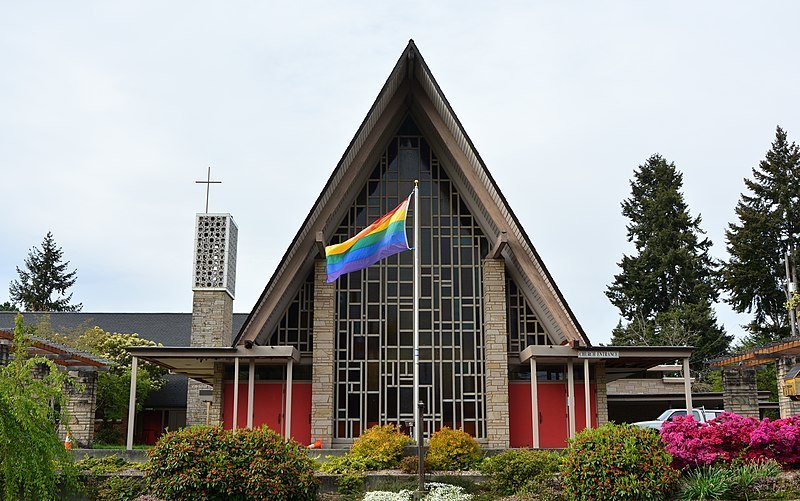
In June 2024, the Alabama Supreme Court upheld a lower court's dismissal of a lawsuit filed by 44 Methodist churches seeking to disaffiliate from the United Methodist Church (UMC) while retaining their property. As of today, the ramifications of this decision continue to unfold, impacting the broader Methodist community and other denominations facing similar issues.
The lawsuit stemmed from a 2019 policy change by the UMC, which allowed churches to leave the denomination over disagreements regarding LGBT issues. The Alabama-West Florida Conference (AWF) of the UMC implemented its own disaffiliation process in 2023, which some churches found burdensome and unfair.
Paragraph 2553, introduced during a special session of the UMC General Conference in 2019, was designed as a temporary measure to address the increasing number of congregations wishing to leave the UMC due to these disagreements. This provision allowed congregations to disaffiliate while retaining their properties, provided they followed a specific process and received approval from their respective annual conferences.
The Supreme Court, referencing the First Amendment's Establishment Clause, ruled that the lawsuit centered on "ecclesiastical questions"—matters of religious doctrine and practice—which are beyond the jurisdiction of secular courts.
While the initial lawsuit was dismissed, other legal challenges persist. For instance, Dothan's Harvest Church has filed a separate lawsuit focusing on specific property rights, which remains ongoing. This case could set a precedent for how property disputes related to church disaffiliation are handled in the future.
The decision in Alabama reflects a broader national trend of U.S. Methodist churches seeking disaffiliation over theological disagreements. Many departing congregations have joined the Global Methodist Church, a more conservative denomination established in response to these disputes. Approximately 7,500 congregations have left the UMC between 2019 and 2023, many affiliating with the Global Methodist Church.
The UMC continues to face internal debates and procedural adjustments to manage the wave of disaffiliations. The church's leadership is tasked with balancing the enforcement of doctrinal standards while addressing the concerns of congregations wishing to leave. This ongoing tension highlights the complex nature of managing a large, diverse religious organization in the face of evolving social issues.
For the churches involved in the lawsuit, the Supreme Court's decision has significant implications. These congregations must navigate their future within the UMC or explore other avenues for disaffiliation that comply with established church procedures. The ruling underscores the importance of understanding and adhering to denominational policies when considering disaffiliation.
The Alabama Supreme Court's ruling serves as a critical reminder of the limitations of secular courts in resolving disputes rooted in religious doctrine. It also highlights the ongoing challenges faced by religious organizations as they navigate internal disagreements and external societal changes. The outcome of related lawsuits, like that of Harvest Church, will be closely watched for further implications on church property rights and denominational disaffiliations.

















